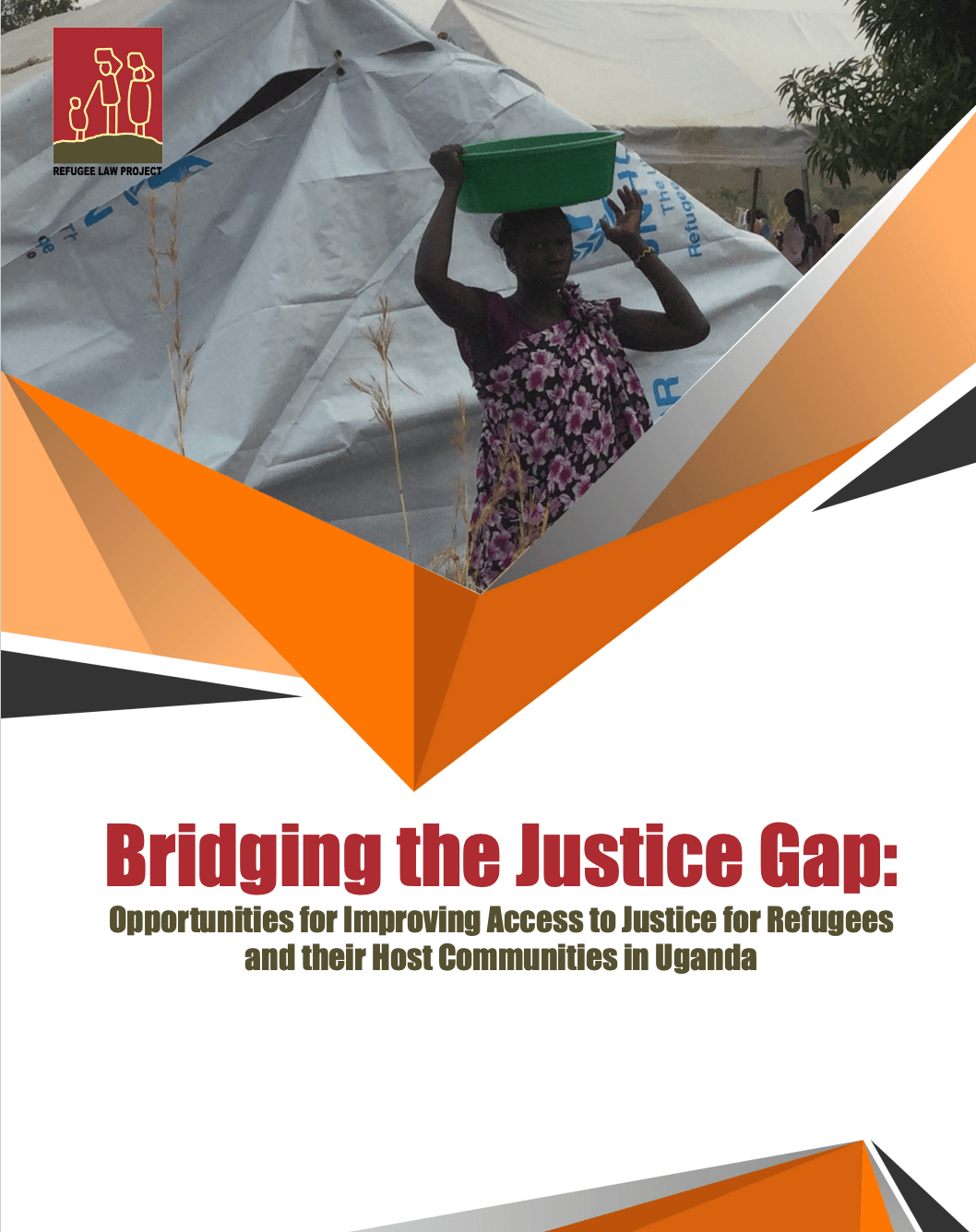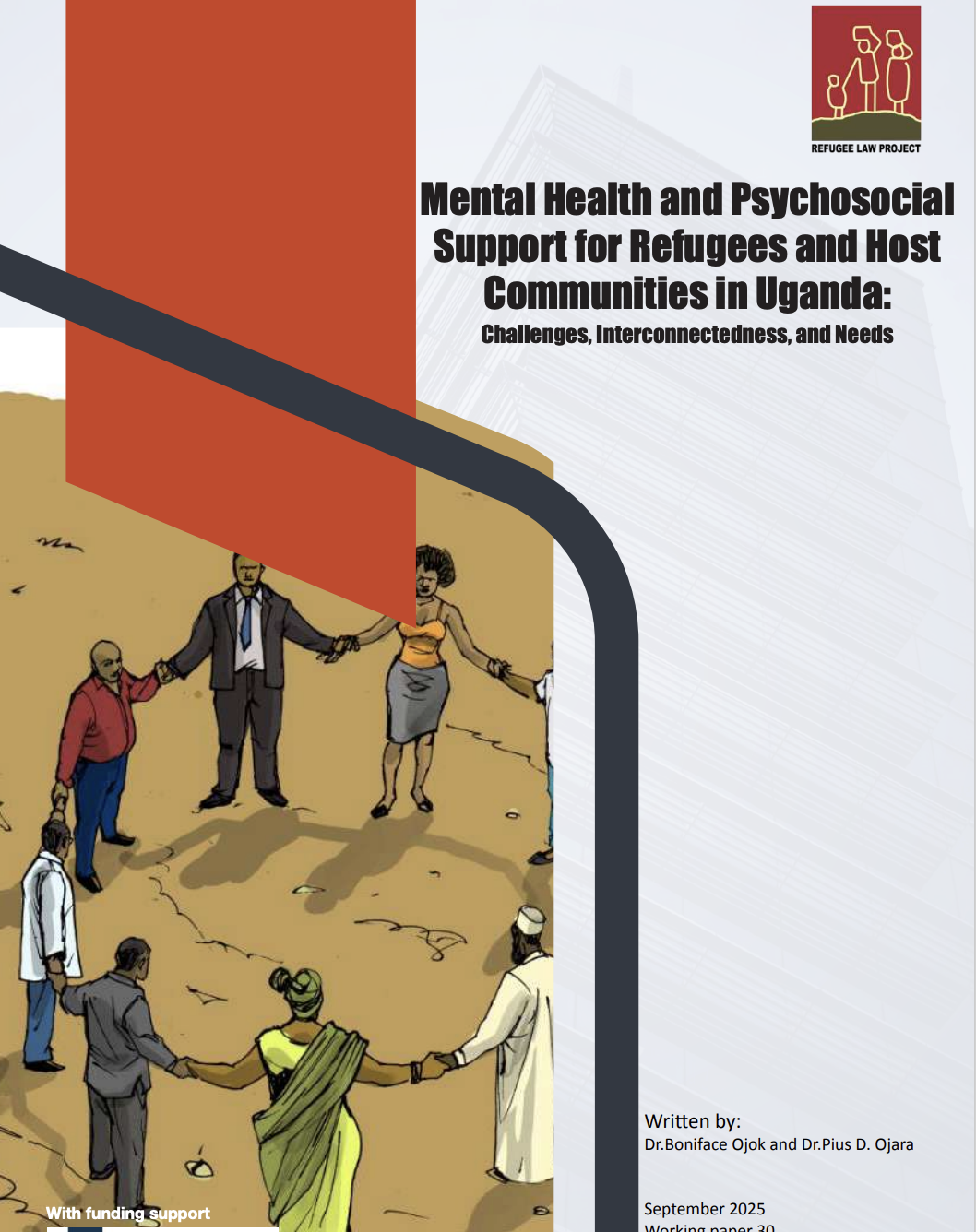The global refugee crisis has reached unprecedented levels, with millions of people displaced due to conflict, persecution, and violence. Uganda, a country in the East African region, has been a major host to refugees, particularly from South Sudan, the Democratic Republic of Congo, and Burundi.
Working Papers
Our working paper series presents in-depth analyses of specific situations that have been investigated or recorded by RLP research trips. These working papers attempt to maintain a careful balance by being academically rigorous yet highly accessible to non-specialists, bearing in mind the difficulties and risks of conducting research in often volatile regions.
The global refugee crisis has reached unprecedented levels, with millions displaced due to conflict, persecution, and violence. Uganda is at the forefront of this crisis, hosting approximately 1.8 million refugees, mainly from South Sudan (54%), the Democratic Republic of Congo (32%), and Sudan.
Connected learning is frequently portrayed as a promising avenue for delivering tertiary education in contexts marked by fragility, violence, and forced displacement (e.g. Dushime, Manirafasha & Mbonyinshuti 2019).
This paper explores the gendered nature of access to justice among South Sudanese refugees in Uganda’s settlements. It draws on qualitative research conducted in the three refugee hosting districts of Lamwo, Adjumani and Kiryandongo, between July and September 2021, including 73 individual interviews and groups discussions with a range of officials and refugees.
A critical review of ‘recovery’ and ‘development’ in post-war northern Uganda some half-decade after the multi-million dollar implementation of the Peace, Recovery and Development Plan (PRDP) is timely and can contribute to maximizing the dividends of ‘peace’ in such a post-war context.
According to WHO data, currently, the COVID-19 pandemic has affected over 213 countries and territories around the world, and as at the 13th of July 2020, there have been over 12.3 million confirmed cases and 556,335 confirmed deaths globally.2 Since the elevation of COVID-19 to pandemic status by the WHO, States around the globe have swung into action in efforts to combat the spread of the virus and flatten the curve of infections.
- Hidden Realities: Screening for Experiences of Violence amongst War-Affected South Sudanese Refugees in northern Uganda
- Promoting accountability for conflict-related sexual violence against men: A comparative legal analysis of international and domestic laws relating to IDP and refugee men in Uganda
- FROM ARID ZONES INTO THE DESERT: The Uganda National IDP Policy Implementation 2004-2012.
- AMMBIGUOUS IMPACTS: Effects of the International Criminal Court Investigations in Northern Uganda










